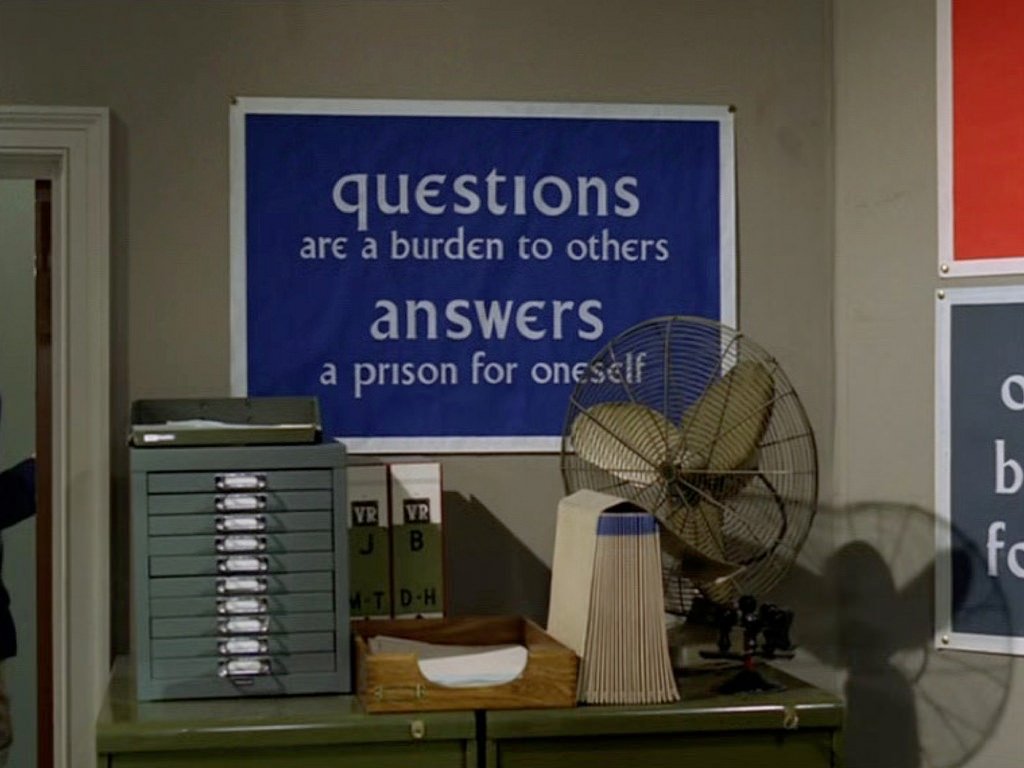But there is also a reaction against these labels from certain quarters of the political spectrum. Let's discuss the two principal reactions
Many in this cohort claim that they are "Socially Liberal" but "Right wing" in Economics
So their stance is the labels "conservative" and "liberal" don't represent their position v well
They like to identify their politics as "Dharmic", which somehow transcends the conservative / liberal labels
It is also a polemic against the two principal reactions just discussed, and on why both these reactions are wrong-headed.
So their stance is - We are "socially lib", but fiscally conservative / pro market.
Is this even a tenable position?
Is it even possible to be "socially liberal" but conservative in other domains?
The astute political commentator @swapan55 in his Tagore Lectures in 2015 identified 3 characteristics that define Conservative politics in most settings.
b) A preference to constrain the power of the "State" and limit its role in social / economic engineering
c) A certain respect for religion and the idea of the "Sacred" in public life
Most Libertarians would heartily agree with a) and b) while demurring strongly with c) and with socially conservative stances more generally
Now let's see if such a position is internally consistent
Whereas centralized executive power implies trusting "individual discretion"
So communal wisdom clearly trumps individual discretion
Prejudices of a large group may contain wisdom that eludes an individual's powers of "reason".
"The individual is foolish the species is wise".
Their "Inductive wisdom" may prove superior to one's "Deductive brilliance"
When I was 16, my passion was to study history. I hated math and science. So the "socially liberal" choice for me would have been to pursue history - "follow my inner calling" so to speak.
To me these "fads" represented communal wisdom. And hence superior to my "individual preference"
Thanks to my "herd mentality" and "socially conservative" choice, I have had mostly cushy jobs which I learnt to love. Rather than pursue an ideal, which may have left me economically and emotionally insecure.
But what causes Big Government? Big Government is a consequence of social liberalism.
If you are against big government, then you cannot say you favor greater social liberalism.
That's an internal contradiction!
Clearly the Libertarian quibbles on the Conservative vs Liberal divide are misplaced and riddled with contradictions!
It should prompt them to examine their beliefs more closely!
This is the reaction that stems from the Hindu nationalist types, who prefer the "Dharmic" label. And think of "conservative" and "liberal" as dirty European words imposed by the white man.
What is often called "Dharmic", by its very etymology, refers to a world view that values "conservation", "continuity" and "stability".
These are v much "Conservative" talking points!
"Hey..we are Dharmic, don't call us "conservative".
Or to say
"Hey...we are not conservative. Hinduism is a liberal way of life"
is Bullshit!
And there is no reason to shy away from the "Conservative" label! One should embrace it if one is a Hindu "Dharmic" type!
I'd say it is a big YES for all 3.
They favor communal wisdom over individual choice
They favor a less powerful state
And yes, they respect the idea of the sacred!
"धर्म एव हतो हन्ति धर्मो रक्षति रक्षितः ।
तस्माद् धर्मो न हन्तव्यो मा नो धर्मो हतोऽवधीत् ॥ १५ ॥
"Dharma blighted, blights; and Dharma, preserved, preserves; hence Dharma should not be blighted, lest blighted Dharma blight us."
Now what does this signify?
Dharma / Virtue is capable of prevailing on account of its inherent superiority. It does not need a bureaucracy to enforce it.
Manu is not calling for a police state, but feels Dharma can be trusted to prevail on its own!
They must embrace these terms. There is nothing "European" about these terms. These terms, if understood properly, are just as applicable to India as any other geography.
It is fallacious to say that these are "European" labels
It is just as puerile to say that one can be "Socially liberal but conservative otherwise"





